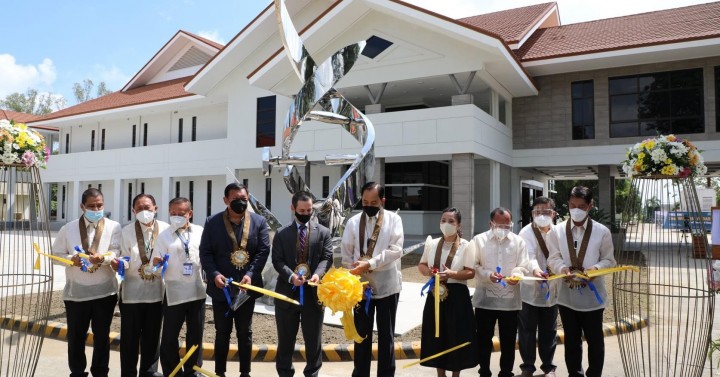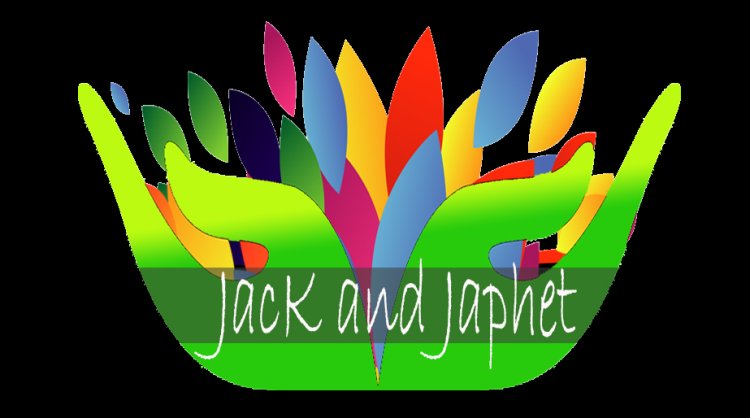Bio-fortified crops expected with new biotech center: DA
MANILA – The agriculture sector can now develop, innovate, and generate various products or crops that will enhance the competitiveness of Philippine agriculture with the unveiling of the Crop Biotechnology Center (CBC) at the Philippine Rice Research Institute (PhilRice) in Nueva Ecija on Thursday.The CBC, one of the three biotechnology centers under the Department of Agriculture (DA), aims to advance biotechnology research for development and innovation, and generate various products that will also push for food security and climate change resiliency."Biotechnology is coming around just now in the consciousness of the general public, despite its long-term application and benefits. In many other parts of the world, even here, among us, its widespread adoption has ignited a passionate debate," Agriculture Secretary William Dar said.Dar said the recently-concluded UN Food Systems Summit noted that biotechnology and other scientific innovations have a role to play in meeting Sustainable Development Goal No. 2 on zero hunger."This pertains to improved nutrition, equitable livelihoods, and environmental protection for future generations," he said.One of the CBC's outputs is golden rice that is under the Healthier Rice Project under the DA-PhilRice, in partnership with the International Rice Research Institute (IRRI).In DA's weekly briefer on Thursday, CBC chief Dr. Roel Suralta explained that golden rice is just like ordinary rice but with added beta-carotene, which is a source of vitamin A and gives the grain its golden color."It complements other dietary sources, such as squash, papaya, sweet potato, and green leafy vegetables like malunggay," he said.According to the National Nutrition Council, vitamin A plays an important role in supporting normal bodily functions, such as enhancing the immune system, promoting healthy body growth and reproduction, and protecting eye health.Based on computations, one cup of cooked golden rice can provide 30 percent to 50 percent of the estimated average requirement of vitamin A for preschool children, and two cups for school children and adults."With daily intake, it can be a sustainable source of vitamin A," the council's report showed.Suralta also mentioned that the CBC is gearing towards producing more climate-ready crops.The PHP277-million center was funded under the US Public Law 480 Program, which focuses on applying advanced technologies that contribute to the improvement in performance, yield, and quality of important commodities, including rice, corn, coconut, and various high-value crops such as mango, garlic, onion, tomato, cotton, cacao, banana, and abaca.The amount of investment that was poured into the state-of-the-art facility is the country's first line of defense against hunger, Dar said, citing the global threats against food security posed by the pandemic. (PNA)

MANILA – The agriculture sector can now develop, innovate, and generate various products or crops that will enhance the competitiveness of Philippine agriculture with the unveiling of the Crop Biotechnology Center (CBC) at the Philippine Rice Research Institute (PhilRice) in Nueva Ecija on Thursday.
The CBC, one of the three biotechnology centers under the Department of Agriculture (DA), aims to advance biotechnology research for development and innovation, and generate various products that will also push for food security and climate change resiliency.
"Biotechnology is coming around just now in the consciousness of the general public, despite its long-term application and benefits. In many other parts of the world, even here, among us, its widespread adoption has ignited a passionate debate," Agriculture Secretary William Dar said.
Dar said the recently-concluded UN Food Systems Summit noted that biotechnology and other scientific innovations have a role to play in meeting Sustainable Development Goal No. 2 on zero hunger.
"This pertains to improved nutrition, equitable livelihoods, and environmental protection for future generations," he said.
One of the CBC's outputs is golden rice that is under the Healthier Rice Project under the DA-PhilRice, in partnership with the International Rice Research Institute (IRRI).
In DA's weekly briefer on Thursday, CBC chief Dr. Roel Suralta explained that golden rice is just like ordinary rice but with added beta-carotene, which is a source of vitamin A and gives the grain its golden color.
"It complements other dietary sources, such as squash, papaya, sweet potato, and green leafy vegetables like malunggay," he said.
According to the National Nutrition Council, vitamin A plays an important role in supporting normal bodily functions, such as enhancing the immune system, promoting healthy body growth and reproduction, and protecting eye health.
Based on computations, one cup of cooked golden rice can provide 30 percent to 50 percent of the estimated average requirement of vitamin A for preschool children, and two cups for school children and adults.
"With daily intake, it can be a sustainable source of vitamin A," the council's report showed.
Suralta also mentioned that the CBC is gearing towards producing more climate-ready crops.
The PHP277-million center was funded under the US Public Law 480 Program, which focuses on applying advanced technologies that contribute to the improvement in performance, yield, and quality of important commodities, including rice, corn, coconut, and various high-value crops such as mango, garlic, onion, tomato, cotton, cacao, banana, and abaca.
The amount of investment that was poured into the state-of-the-art facility is the country's first line of defense against hunger, Dar said, citing the global threats against food security posed by the pandemic. (PNA)














